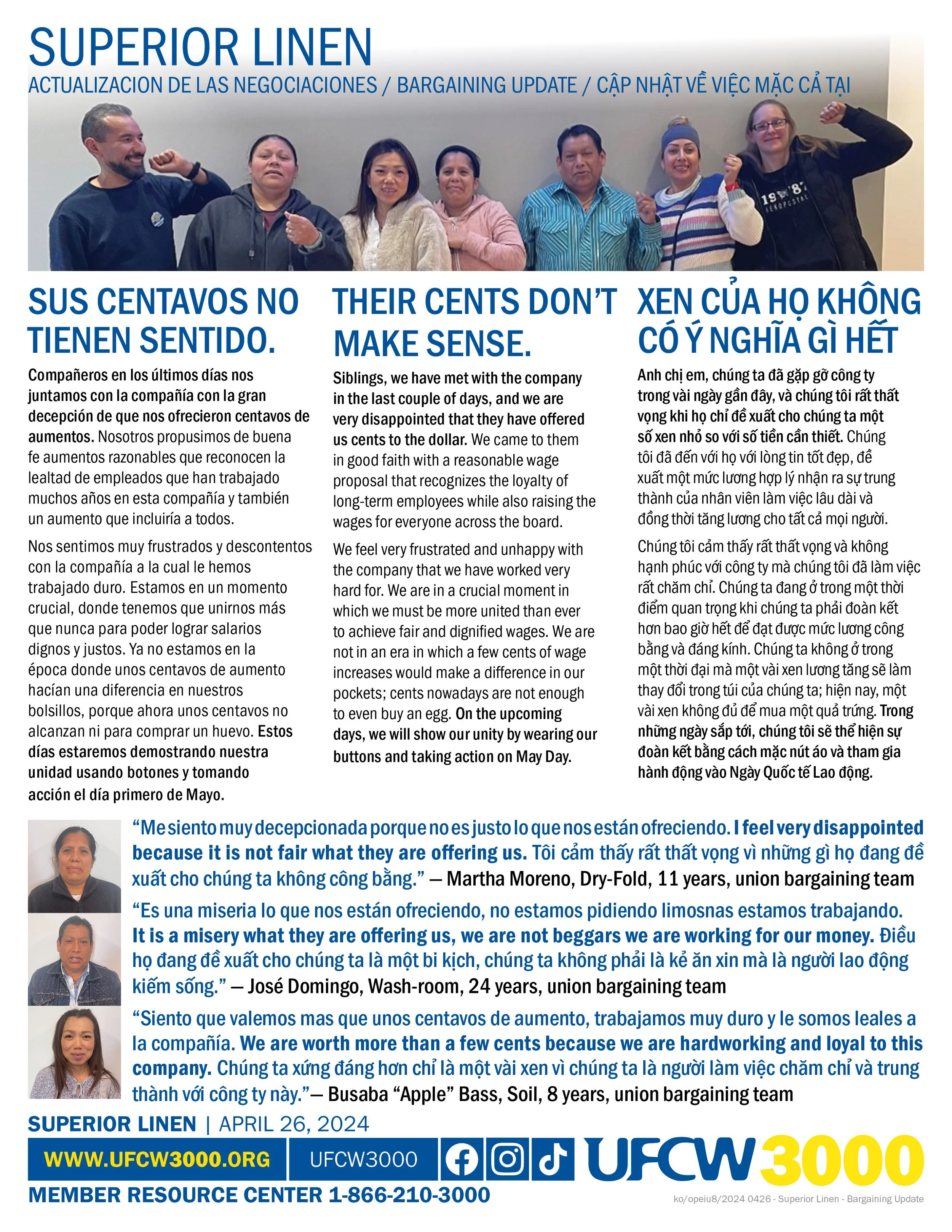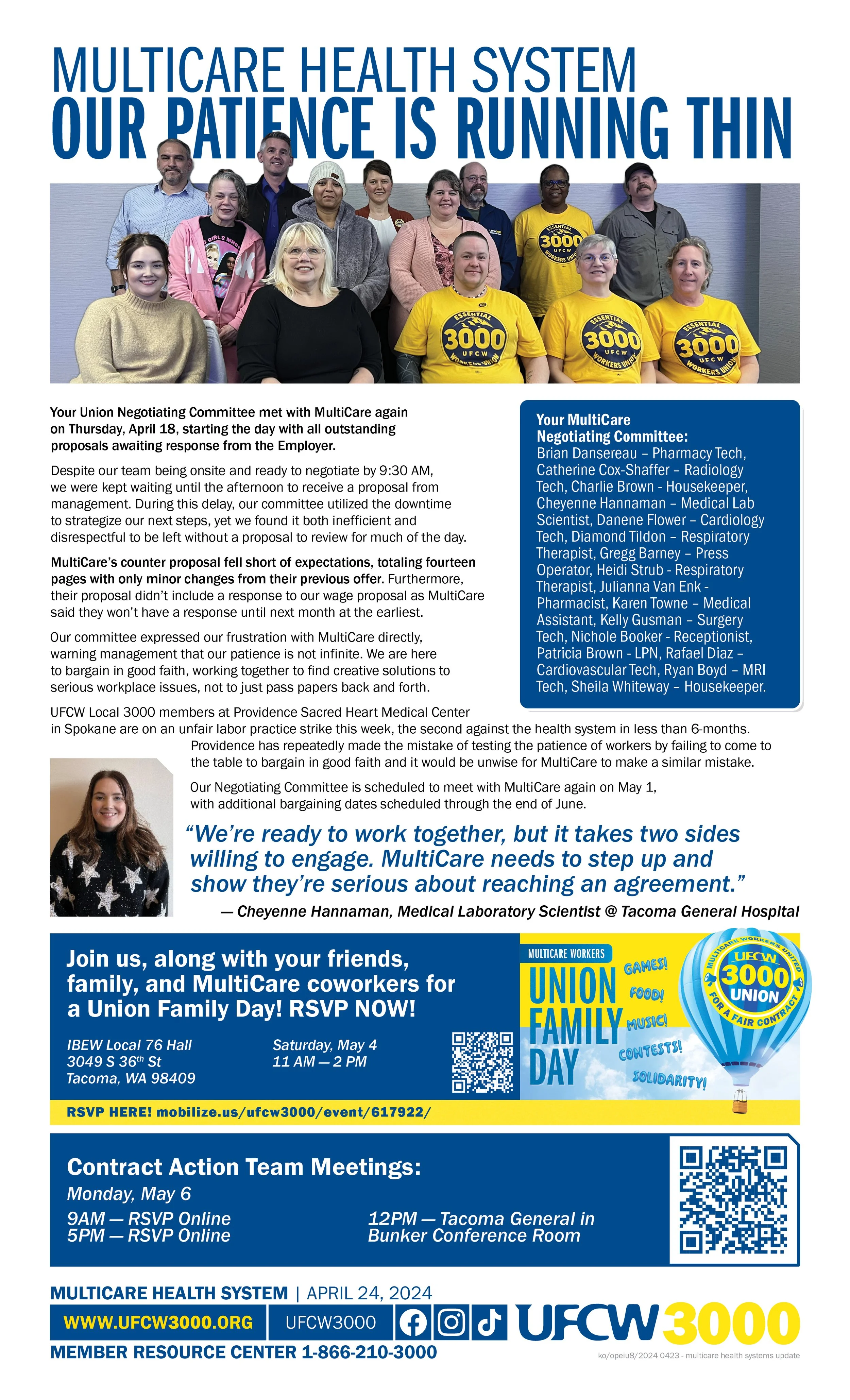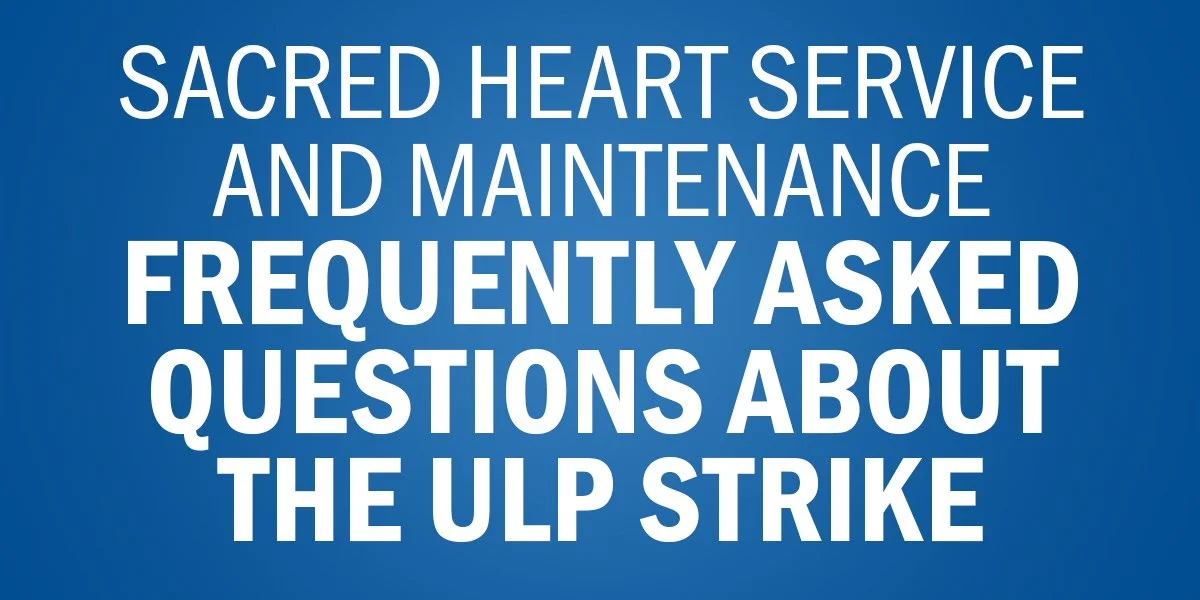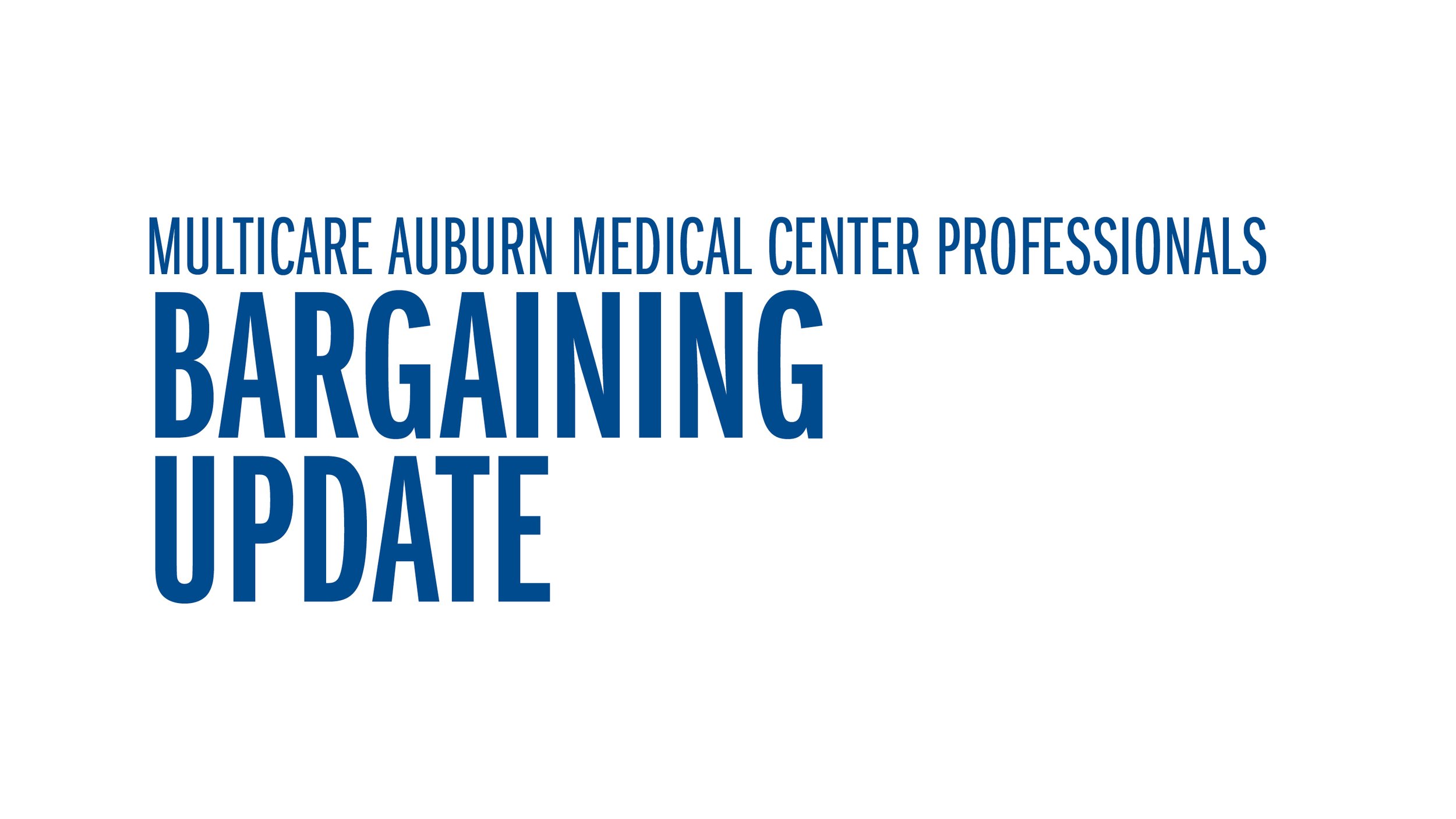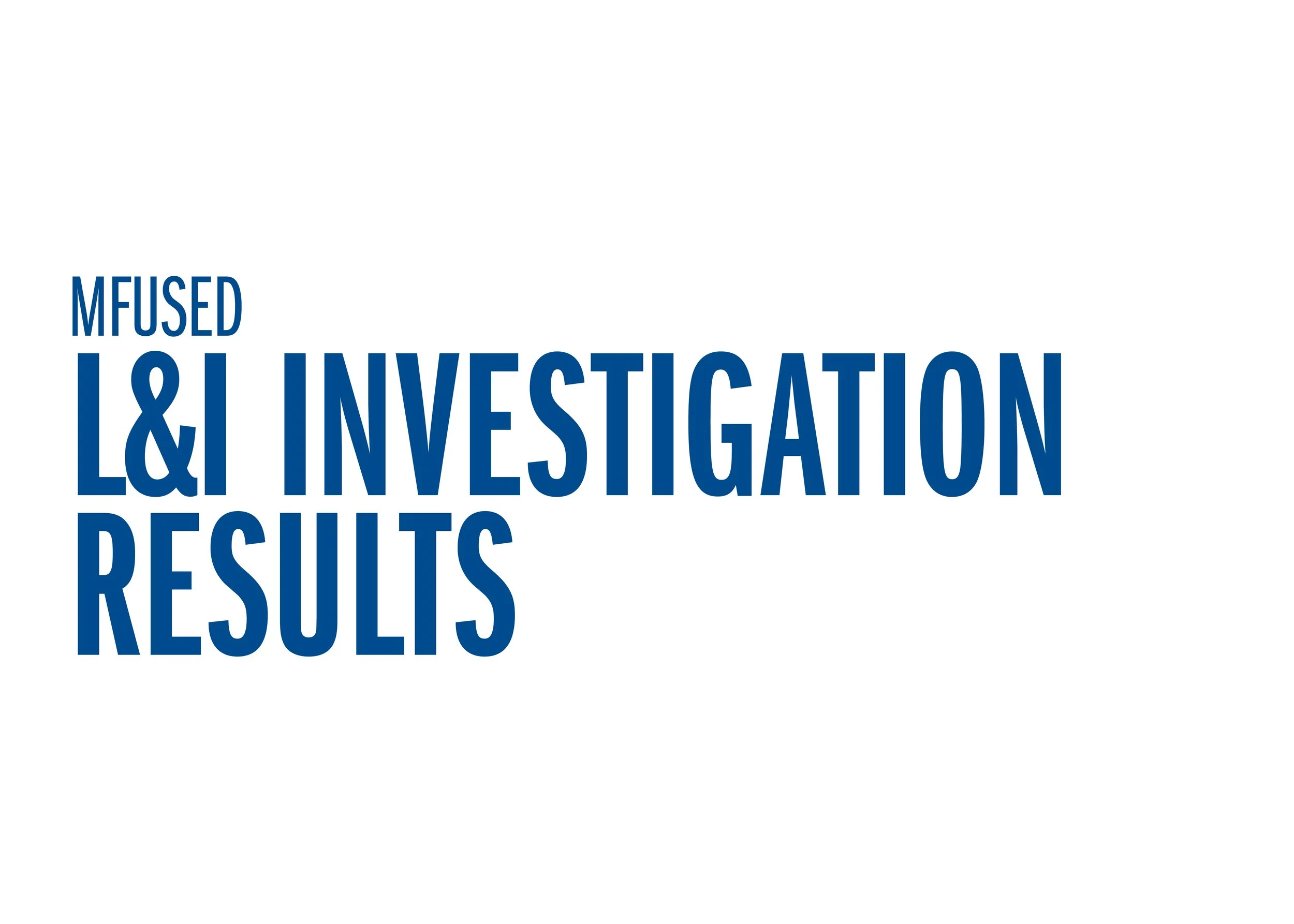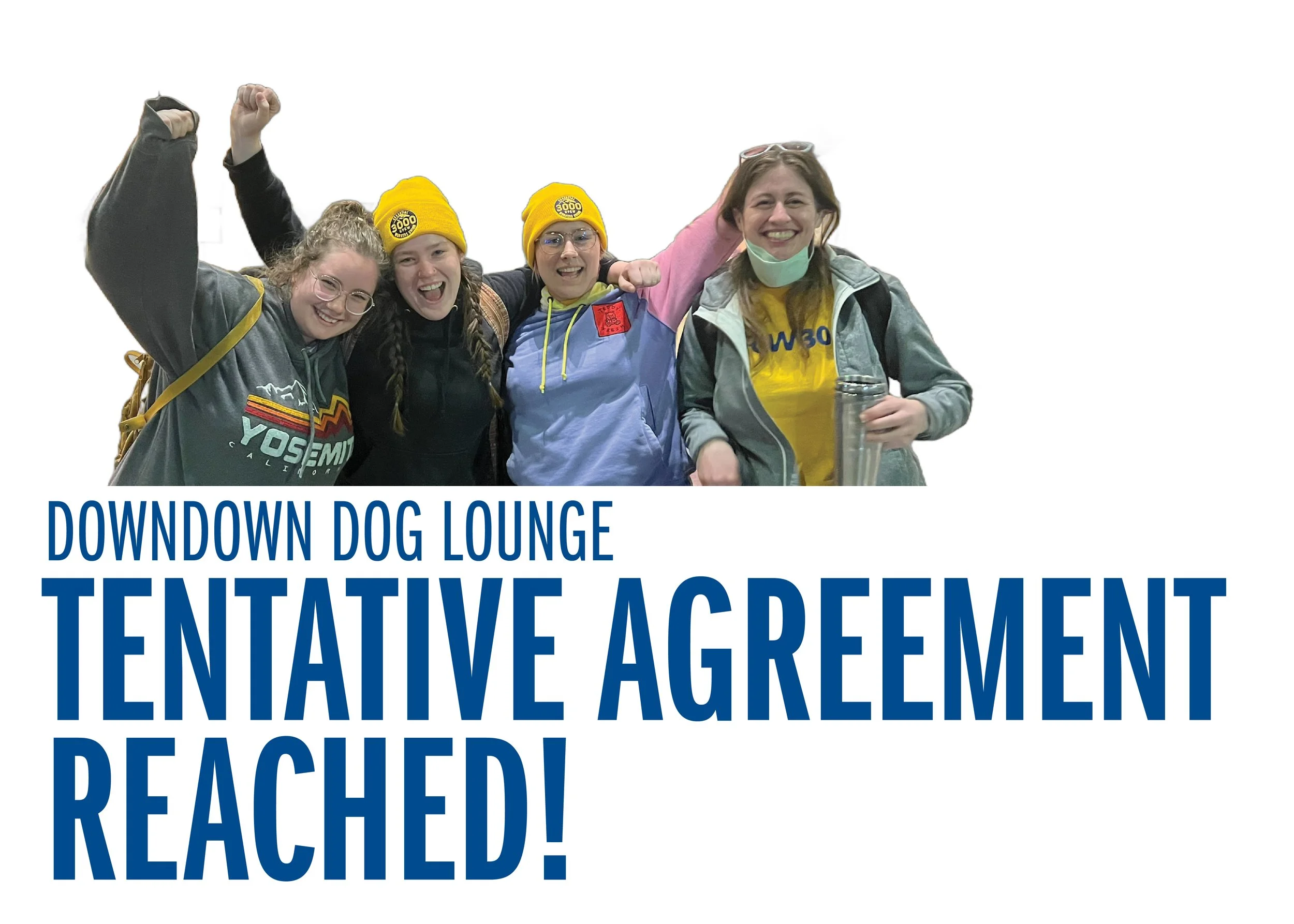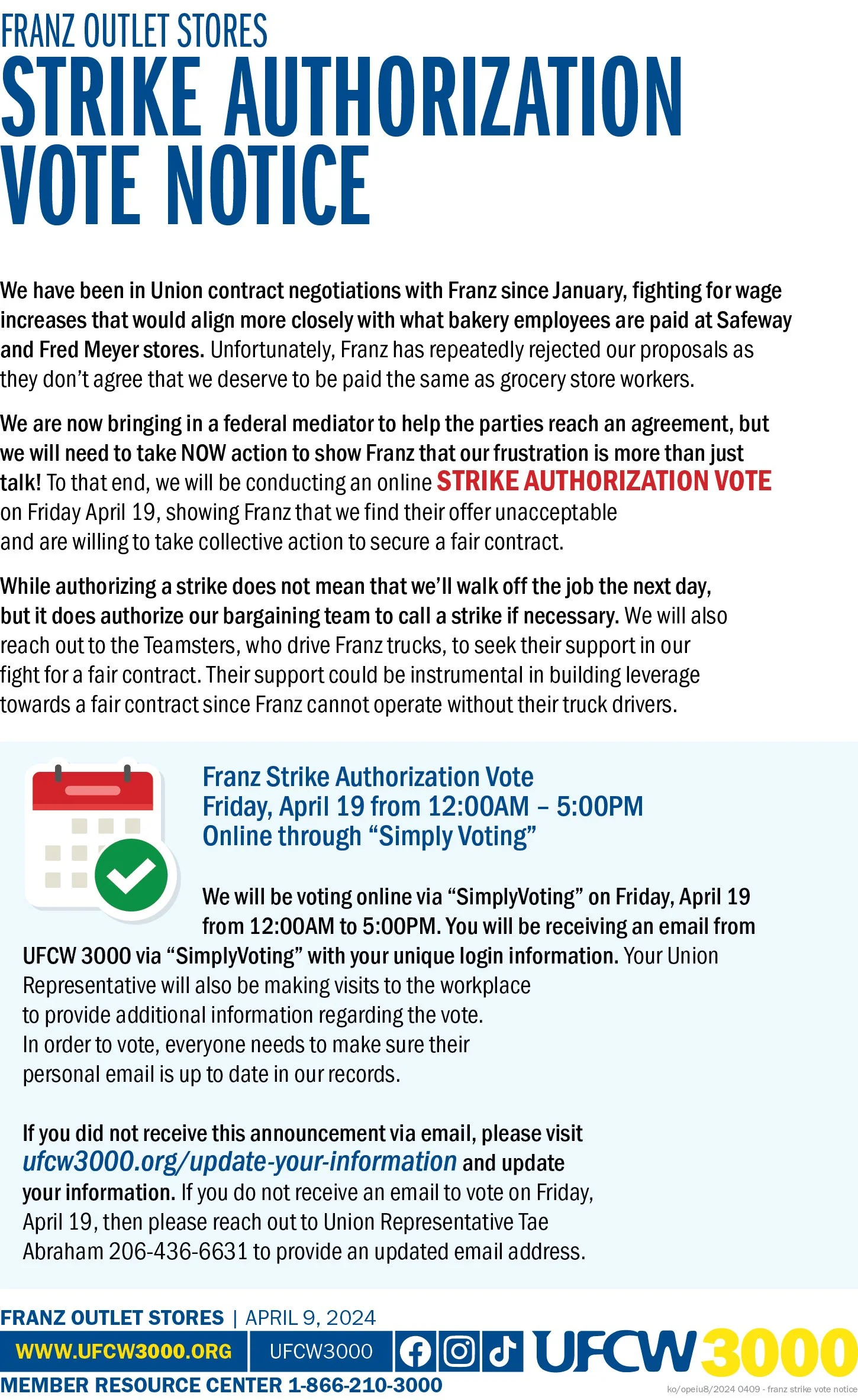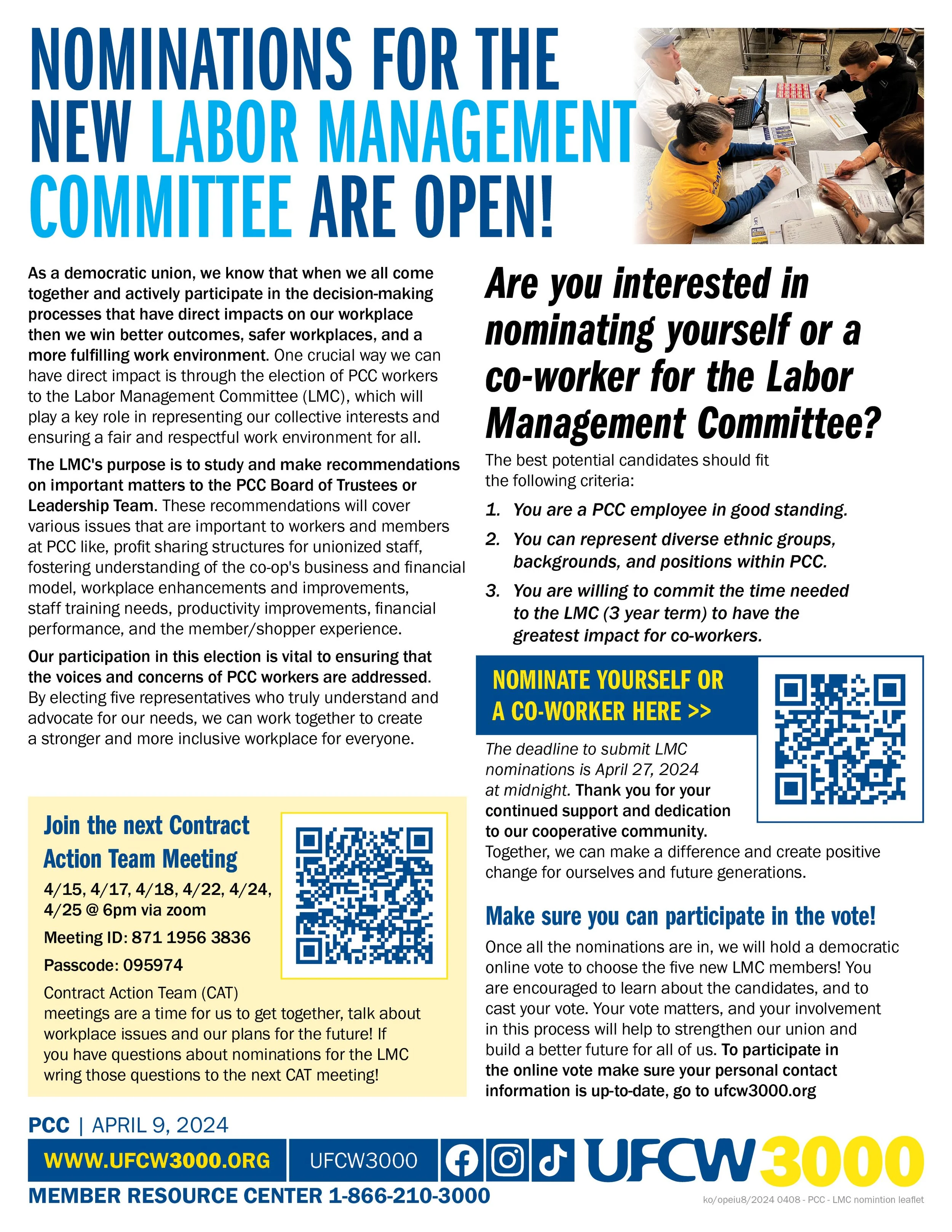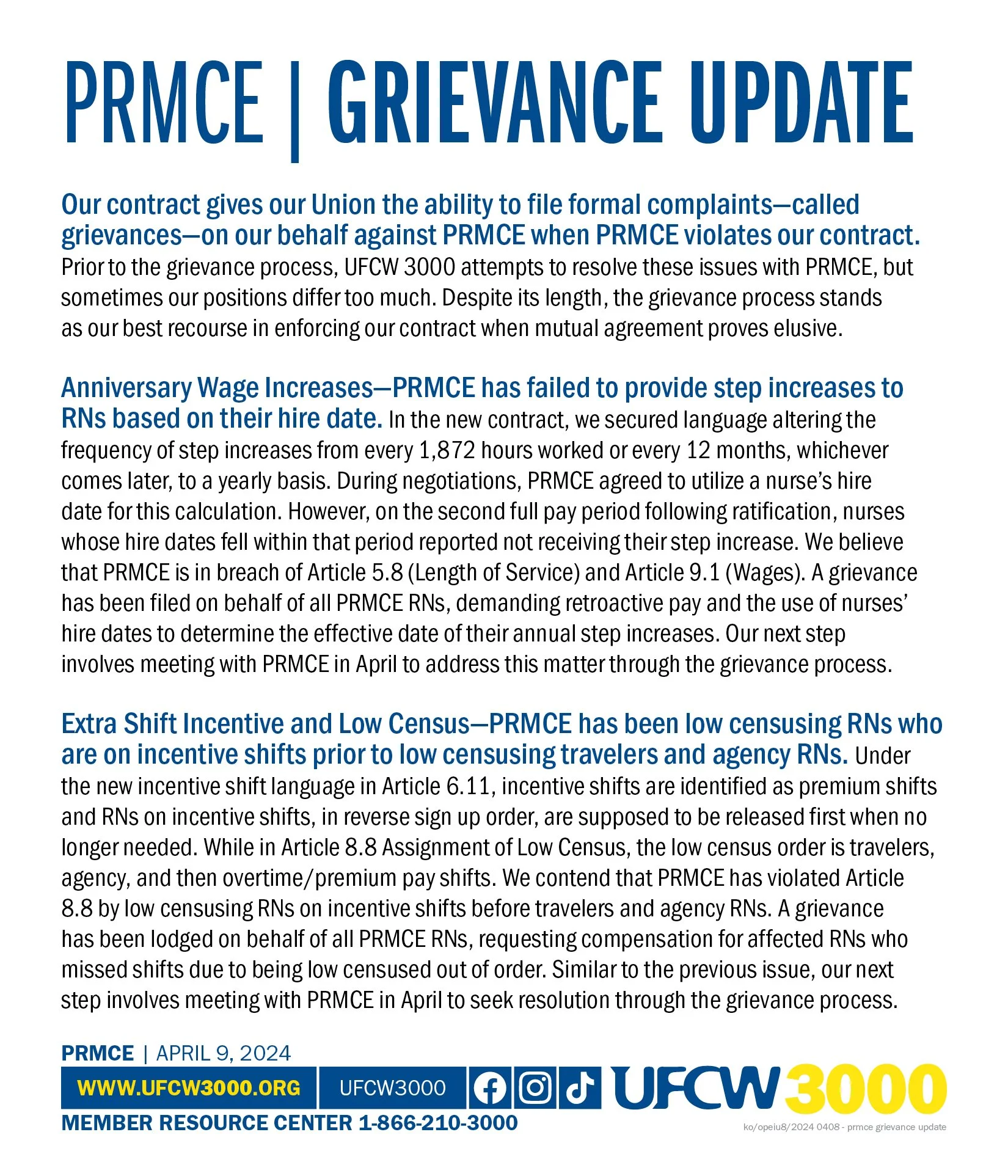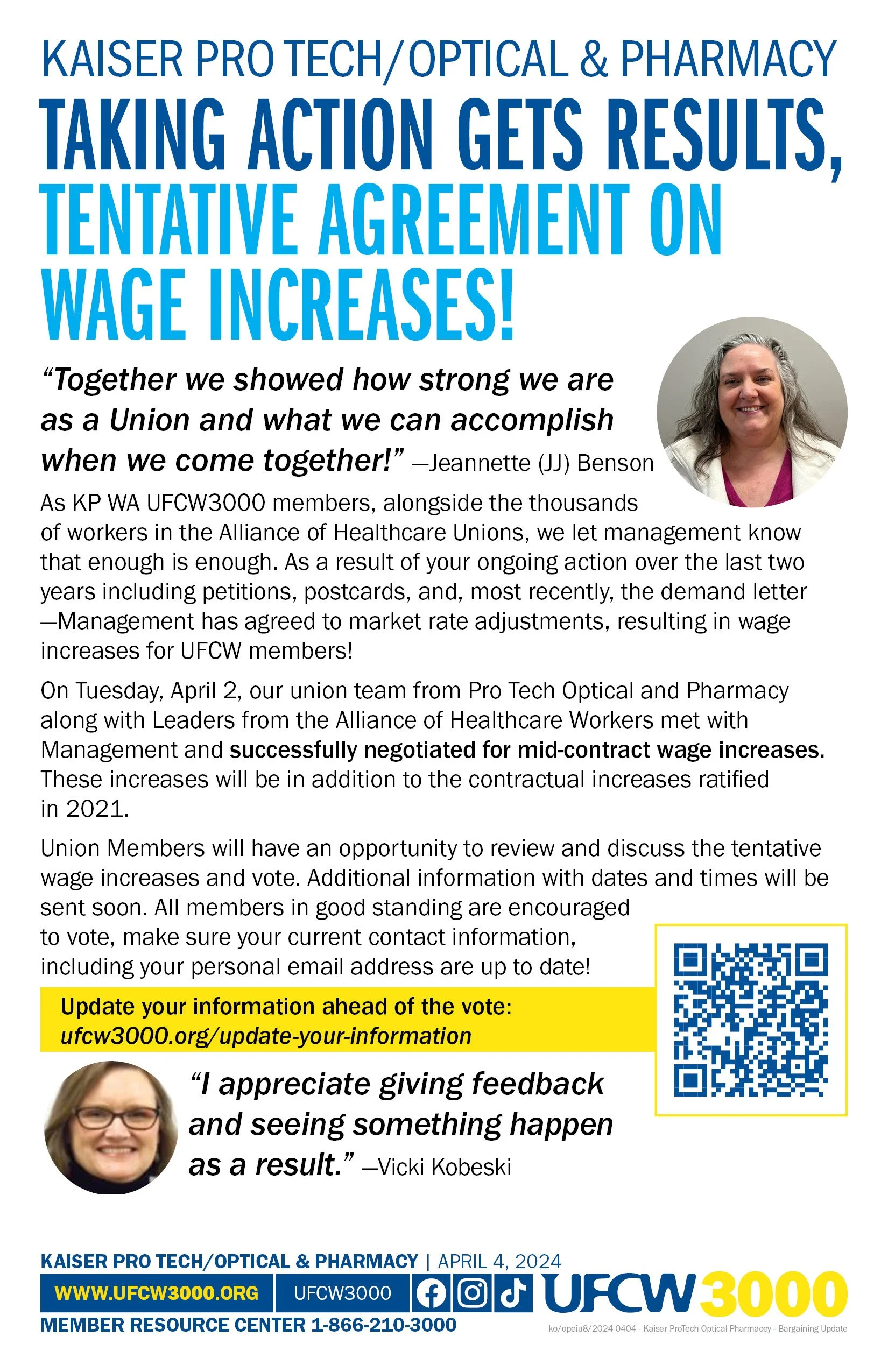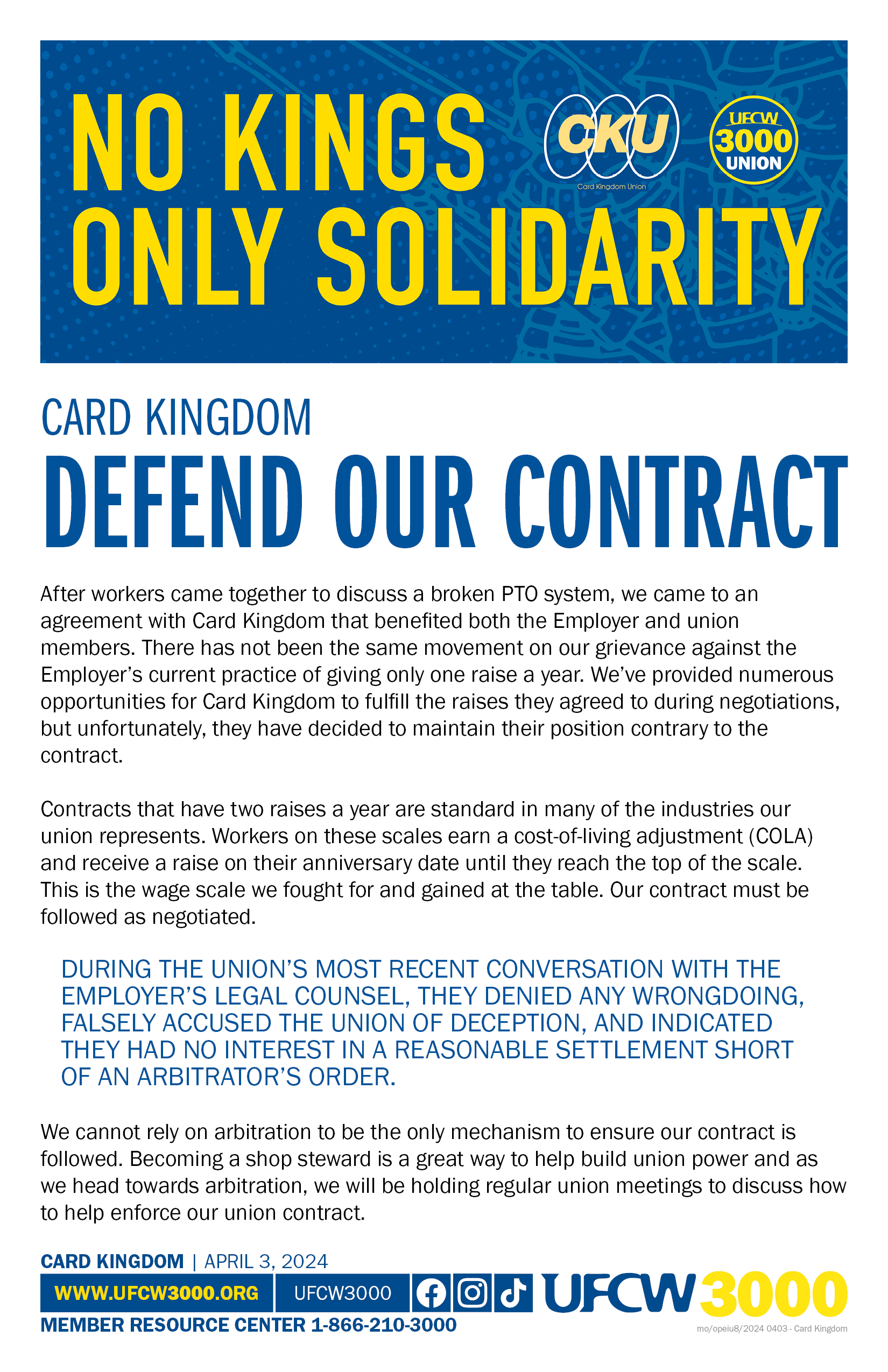UFCW 3000 Endorses Bob Ferguson for Governor!
/UFCW 3000 – State’s Largest Labor Union Endorses Bob Ferguson for Governor
Des Moines, WA - Today, UFCW 3000, the state’s largest labor union, announced the endorsement of Bob Ferguson for Governor. UFCW 3000 represents over 53,000 workers in grocery stores, health care, retail, food packing/processing, cannabis and several other industries.
“We have worked with Bob Ferguson for many years, and he has consistently been an advocate for working people, standing up for our rights, defending us, and making sure we are protected,” said Kyong Barry, an Albertsons worker and elected UFCW 3000 executive board member who came to the United States as a young child and became a naturalized US citizen in 1999.
"Attorney General Ferguson has taken the time to come and speak in person with hundreds of our member leaders over the years,” added Patricia Brown, a Licensed Practical Nurse at Tacoma General and an elected UFCW 3000 executive board member. “This personal connection has allowed essential workers from across our union to meet him and hear directly from him as to his values and his commitment to upholding the laws of the land and defending the interests of workers, consumers, patients and the community."
The list of Ferguson’s efforts on behalf of working people is too long to fully articulate here, but many of the most important examples include:
Protecting Grocery Store workers and shoppers: Attorney General Ferguson filed a lawsuit against Albertsons to block the $4 Billion pay-out to shareholders as part of the proposed mega-merger of Albertsons and Kroger. This lawsuit delayed the massive pay-out for several months and forced the companies’ executives to testify under oath and make public important details about the proposed merger.
Protecting Immigrant Rights: Attorney General Ferguson was a leader among AGs across the nation defending the rights of people in the US and around the world from an unconstitutional travel ban that discriminated against people of certain religious beliefs or their nation of origin. One of his lawsuits blocked the Trump administration’s decision to rescind DACA, the federal program that protects DREAMers.
Protecting Access to Quality Affordable Health Care: AG Ferguson sued Providence and CHI Franciscans over their lack of proper charity care that resulted in improved access to quality, affordable care for those who qualify for free or low-cost care and allowed them to get access to that care in their communities.
Supported the City of Seattle Minimum wage law when it was challenged in court by business interests. This 2015 case was an important one and helped future advances in the minimum wage law that was passed statewide in 2016.
Filed lawsuits that helped enforce wage theft cases where workers were not being paid appropriately under the law.
Helped our efforts to address Retail Theft concerns and defend the interest of workers who have significant safety and employment security as a result of organized crime’s retail theft in our stores.
Fought for the rights of workers against unfair so-called Non-Compete clauses that harmed workers by constraining their freedom to seek out and find employment.
Attorney General filed lawsuit to protect the rights of those incarcerated at the Tacoma Detention Center who were being paid $1 a day in violation to state wage laws.
Again, these are just some of the highlights of the many actions taken by Ferguson that have demonstrated for over a decade his commitment to UFCW members, and all workers across the state, and indeed all people across the world against those who would trample on our rights.
"We need elected officials like Bob Ferguson and are confident that he would be able to continue to be an advocate for the rights of all Washington workers. He has no qualms about taking on the billionaires and the bullies and we are standing with him in his campaign to become our next Governor,” said Faye Guenther, President of UFCW 3000.
Press contact: Tom Geiger, UFCW 3000, 206-604-3421



